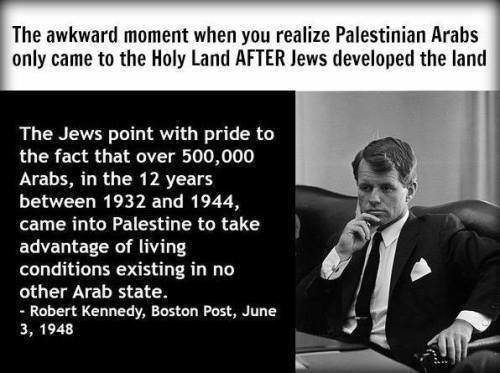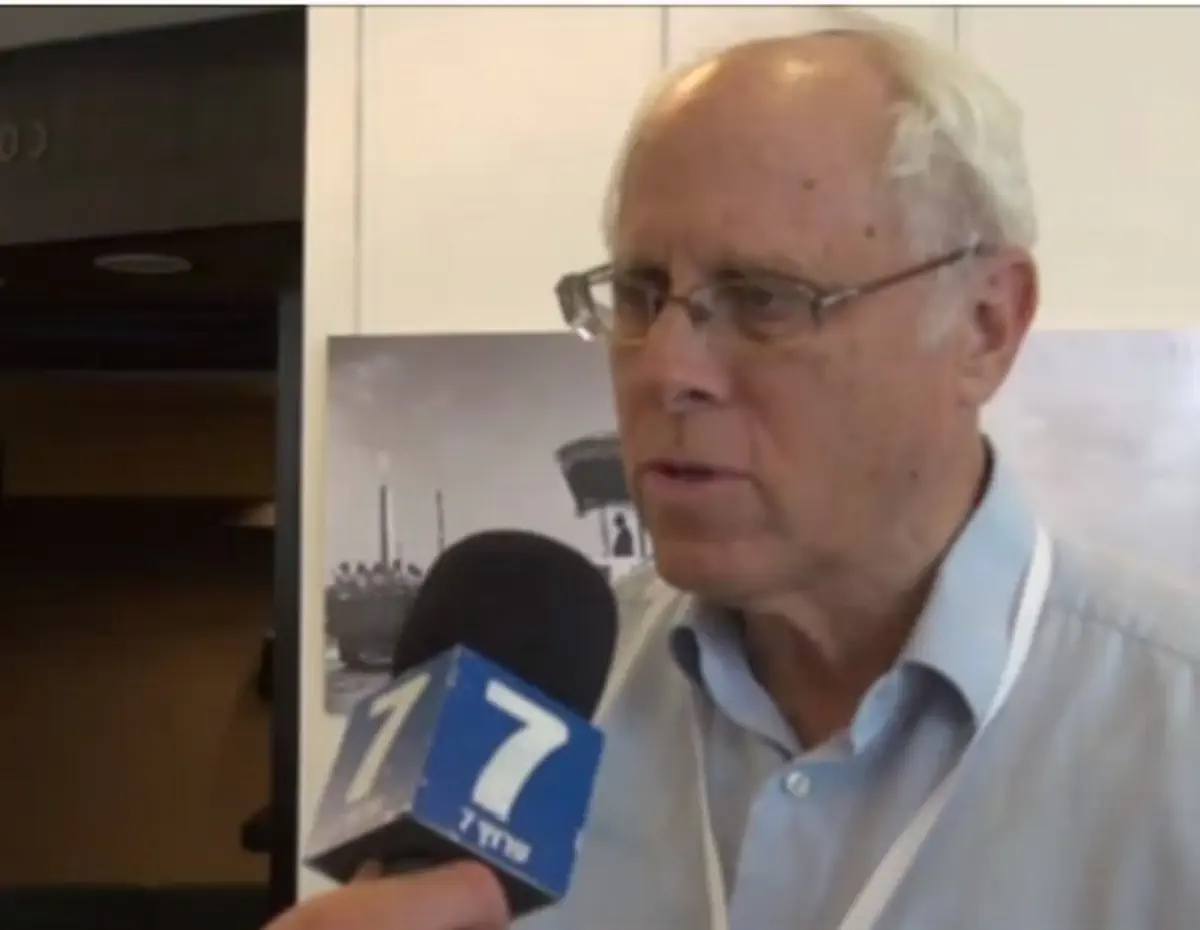P F Tinmore
Diamond Member
- Dec 6, 2009
- 78,985
- 4,381
- 1,815
Palestine was attacked by foreign forces.RE: The NEWER Official Discussion Thread for the creation of Israel, the UN and the British Mandate
SUBTOPIC: You cannot have it both ways.
※→ P F Timore, et al,
IF you call it an "international" issue, THEN let us keep the discussion in that domain.IF you are going to call it a "domestic" issue, THEN let us keep the discussion in that domain.
(COMMENT)
The entry and exit of one's own country (single sovereignty) the action all contained within one continuous boundary, then we are talking about Article 12, International Covenant on Civil and Political Rights (CCPR) criteria.
The above-mentioned rights shall not be subject to any restrictions except those which are provided by law, are necessary to protect national security, public order public health or morals or the rights and freedoms of others and are consistent with the other rights recognized in the present Covenant.
The logic you are attempting to use is that the entirety of the territory formerly
to which the Mandate for Palestine applied, is an independent state under Arab Palestinian Sovereignty. Thus, the movement between (as an example) Tel Aviv and Ramallah is under one sovereignty (one's own country). That is a totally erroneous assumption. Israel was established under the Right of Self-Determination.
However, the movement (in the example) between Ramallah (a unique legal entity) and Tel Aviv (Israel) is a transit between two separate jurisdictions. The law that governs movement from Ramallah to Tel Aviv is regulated under the criteria established by Israel and is covered under Article 2(7), UN Charter as a matter of territorial integrity.
Nothing contained in the present Charter shall authorize the United Nations to intervene in matters which are essentially within the domestic jurisdiction of any state or shall require the Members to submit such matters to settlement under the present Charter; but this principle shall not prejudice the application of enforcement measures under Chapter Vll.
But you cannot have it both ways. IF you consider the first instance under Article 12 CCPR, THEN (as one example) the ramifications of that decision mean that there are no Arab Palestinian Refugees in the territory. It was a movement totally within a single jurisdiction.
You must be able to accept the consequences. (Something the Arab Palestinians not noted for.)
(COMMENT)
I cannot recall Israel specifically denying any specific "right" - bound under international law (violently or otherwise).
General Assembly Resolution 194 (III) is NOT law. If you want to argue this point then cite me what law you are using.
The use of non-state actors by the Arab Palestinians to pursue activities directed against the State of Israel, with the intention to intimidate or coerce the Israeli people to alter their course of action relative to the protection of the Jewish National Home is, by the very nature and intent, terrorism.

Most Respectfully,
R





